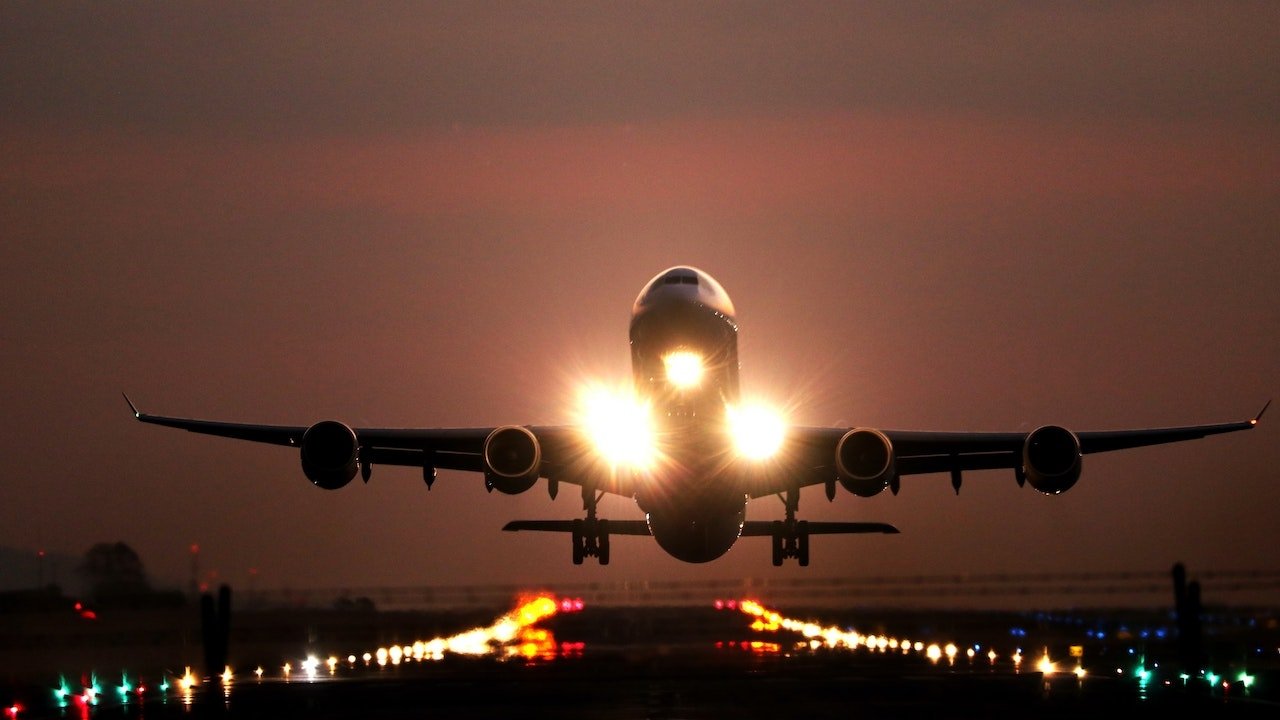AT&T and Verizon have agreed to delay a rollout of new 5G spectrum because of concerns about potential interference with aircraft safety systems.
The planned rollout of the C-band spectrum, which is comprised of frequencies between 3.7 and 4.2 gigahertz, was scheduled for Dec. 5. The Federal Aviation Administration, however, is worried that the use of the band could interfere with certain automated cockpit systems.
According to The Wall Street Journal, AT&T has agreed to postpone its rollout until Jan. 5, while Verizon said it would delay its launch by about a month. Both carriers have agreed to work with the FAA to address any concerns.
Prior to AT&T's and Verizon's decision to delay, the FAA was planning on issuing a mandate that could limit pilots' use of cockpit systems, like one that helps land planes in poor weather. Those limits could result in disruptions to both passenger and cargo flights.
In a joint statement with the Federal Communications Commission, the FAA on Thursday confirmed the voluntary delay of the rollout.
"Aviation safety and technology leadership are national priorities, and with today's announcement these companies have demonstrated their commitment to both," the agency wrote.
C-band is a frequency well-suited for the expansion of 5G coverage in the U.S. Some carriers, like Verizon, are counting on the spectrum to address increasing demands for high-speed internet access over 5G.
Several countries and regions — including Japan, South Korea, and Europe — have deployed 5G networks with spectrum in the C-band range. There have been no reports of interference from those regions, involving aircraft instruments.
 Mike Peterson
Mike Peterson







 Charles Martin
Charles Martin


 Wesley Hilliard
Wesley Hilliard
 Stephen Silver
Stephen Silver
 William Gallagher
William Gallagher

 Marko Zivkovic
Marko Zivkovic









6 Comments
Hopefully this is only being done out of an abundance of caution and all concerned parties will follow scientific methodology to determine whether any interference between the devices and aircraft systems is possible. Safety is always the paramount concern but we also know that these government agencies don’t always coordinate their efforts ahead of time, e.g., making sure the FCC only licenses spectrum that is known to be compatible with critical FAA applications. One would think that all safety concerns would have been identified long ago, and certainly prior to deploying systems using these bands in commercial applications. Like the article said, other countries are already using these bands … so what would those other countries do if the US FAA identifies an issue?
Why is this coming to a head a month before rollout and mitigated somehow in another month? Is this the first time the FAA and the carriers heard about each other?
Ugh. I’ll bet it’s the US military’s proclivities at work, when all is revealed.
They all knew about this, but didn't take it too seriously. It affects an altimeter system on the planes.
As I understand, there's a 220MHz buffer between the bands in question, and they don't know how much interference there may be.
Some believe that usually the planes are high enough not to be interfered with, or that near airports, where the planes are closer to the ground, the 5G implementation can be trimmed back. We'l see.
Hmmm…. Let’s think about this. Is it more important to have safe and reliable guidance systems for planes or more bandwidth so people can watch Tiktok videos about someone’s cat?